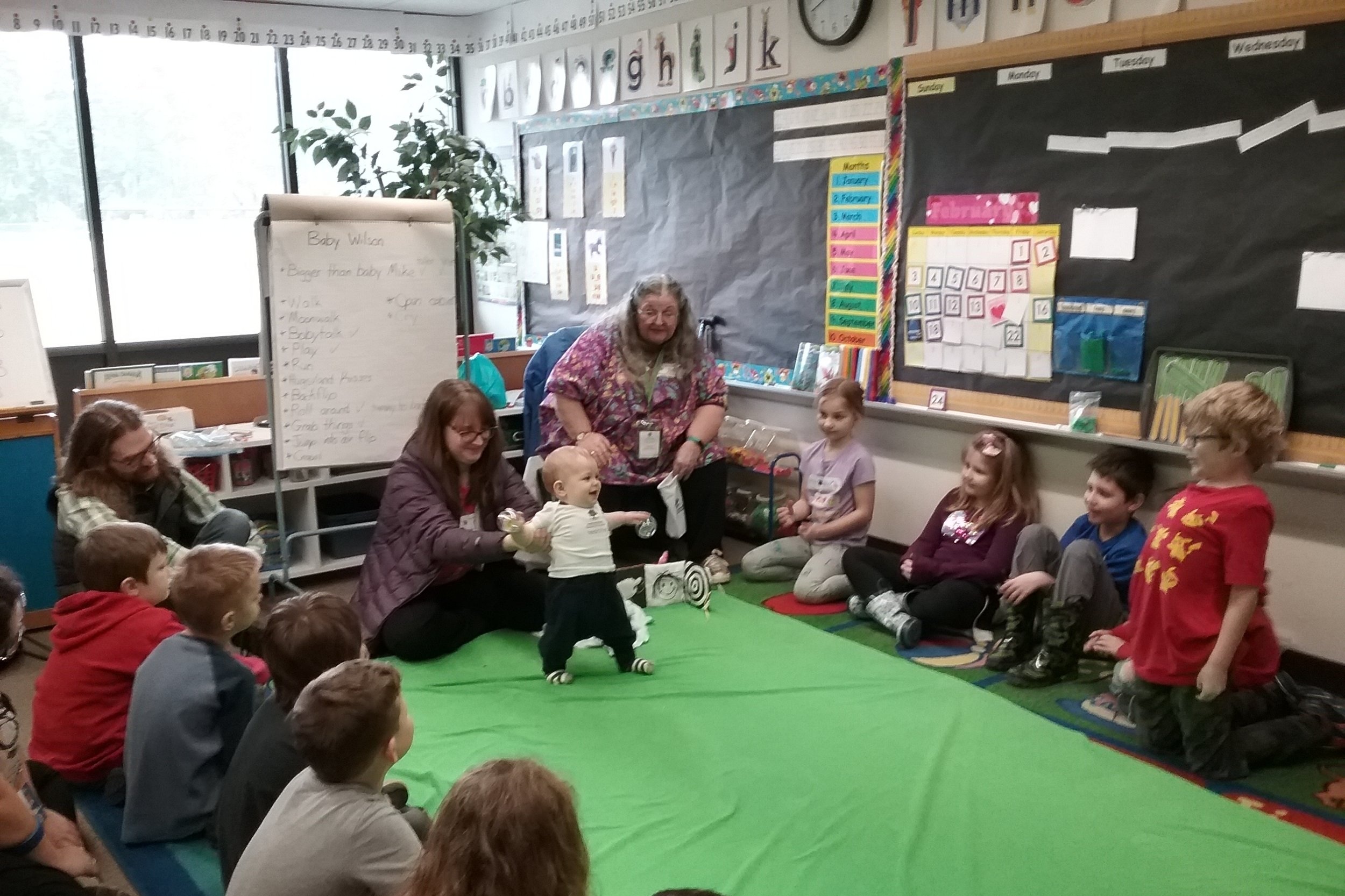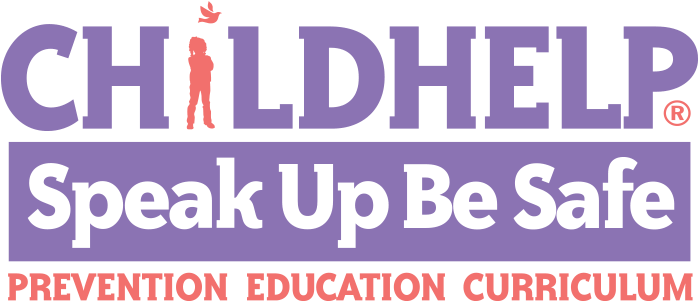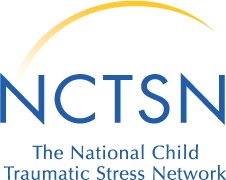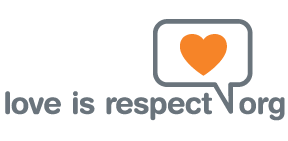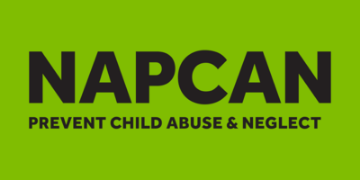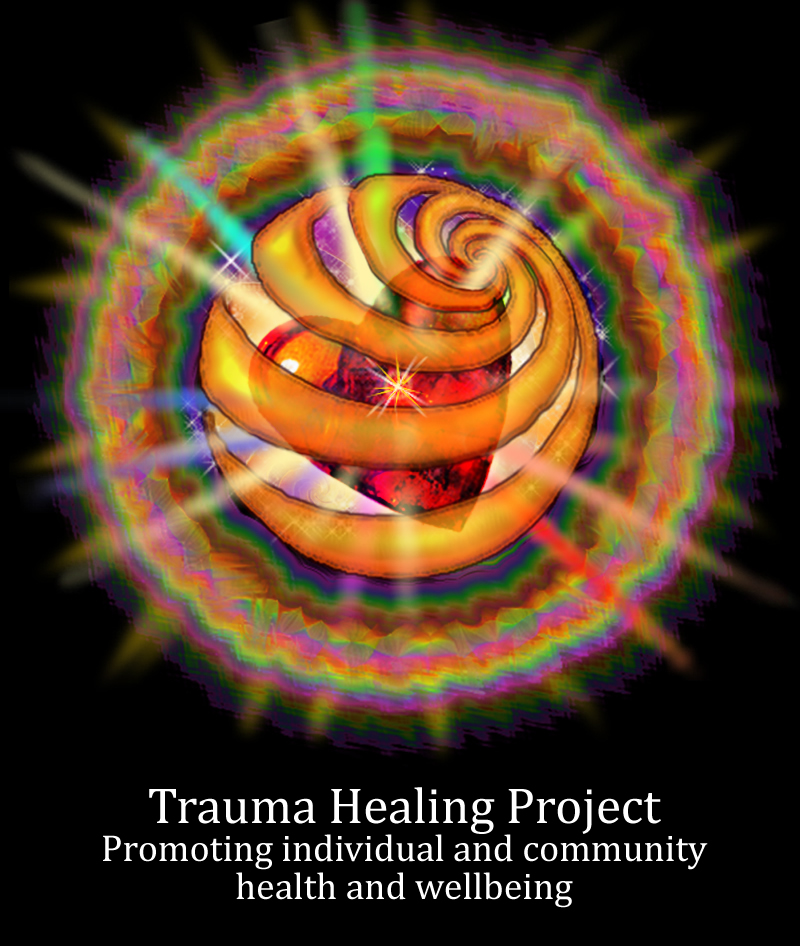What Role Can Educators Play?
You’re on the front lines. You see kids five days a week and are a key adult in their lives.
EDUCATORS:
You're in one of the best positions to show understanding to parents without coming off as nosy or offering unsolicited advice.
You're also often the first person to spot when a family is having a hard time, and one of the first adults kids turn to with problems.
What Can You Do?
Help to reduce silence and isolation.
Be that person people reach out to for support. In Lane County, 47% of survivors of child abuse and neglect said no one helped them at the time they were first being mistreated, and 19% said they were rarely helped. Be that person people reach out to for support.
You care about the kids in your class - and they know it.
Ask if something seems wrong. As a trusted adult in their lives, you are someone they can confide in.
Help foster a sense of community at your school.
Are there school-wide activities that can help kids get to know students from other grades and teachers other than their own?
Advocate for your school to become a member of Safe Oregon
Kids, parents, and staff of schools that sign up with www.SafeOregon.com can email, call, text, or submit via an app any safety threat or potential act of violence.
Explore Resources
Find out about the Early Learning Alliance, which supports Family Resource Centers, Preschool Promise (free, high-quality preschool to 3- and 4-year-olds whose families live at 200% of the federal poverty level), and KITS (Kids in Transition to School).
Promote, advocate for and support the success of Family Resource Centers in your school district.
Find out more about Family Resource Centers here, or contact Claire Hambly at United Way for more information on United Way-funded Centers.
Learn about how trauma-informed care can help children in your school.
The local Trauma Healing Project is a good resource.
Don’t be afraid to have discussions about hard topics.
Bullying, mental health, depression, abuse, and stress aren’t easy subjects, but they can open doors to valuable conversations. If you’re concerned about your students, the Oregon Alliance to Prevent Suicide is a helpful resource.
Watch the documentary Resilience and be reminded of your powerful role in kids’ lives.
Join 5,000 Strong
Support prevention efforts by joining 5,000 Strong, a campaign by Friends of 90by30 to raise funds for and awareness of 90by30’s work.
Share K(no)w More on Facebook and spread the word that there are ways to get involved.
What Can Your School Do?
Bring Roots of Empathy into your 1st and 2nd grade classes to teach children compassion via interactions with an infant.
Support the Center for the Prevention of Abuse and Neglect’s Oregon Child Abuse Prevalence Study.
This first-of-its-kind study will survey high school students directly to find out the actual rates - not the reported rates - of child abuse in our state.
Hold a donation drive for diapers or other baby products to support the Welcome Baby Bundle in your region and teach students the importance of giving back.
Partner with organizations with expertise.
Invite the Hope & Safety Alliance, Ophelia’s Place, or Sexual Assault Support Services to offer education in abuse prevention and healthy relationships.
Help create a safe school environment.
Offer curriculum like Speak Up Be Safe or Love is Respect to prevent bullying, abuse, and relationship violence among kids and teens.
